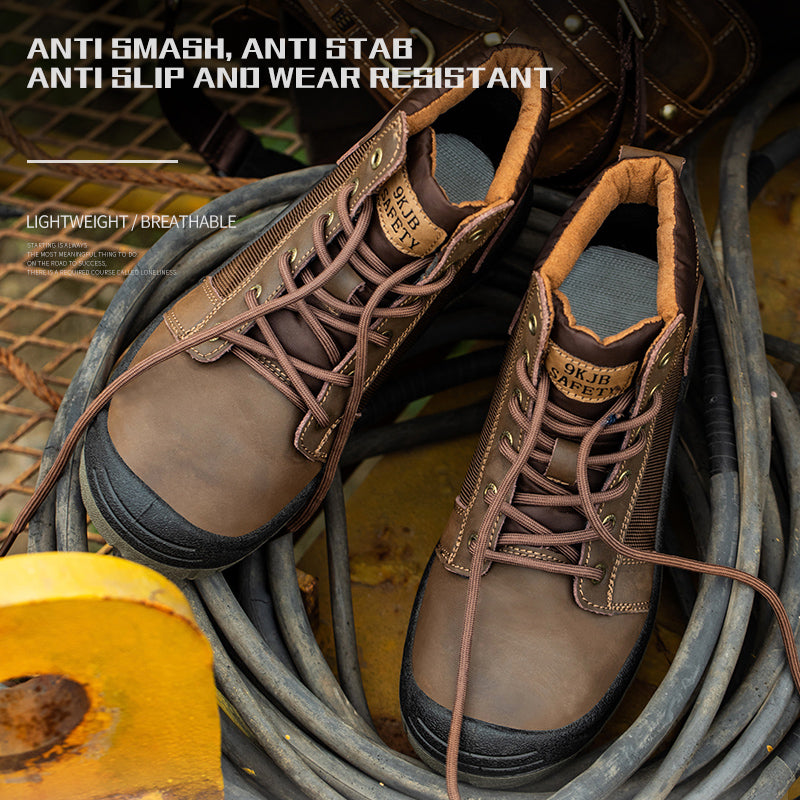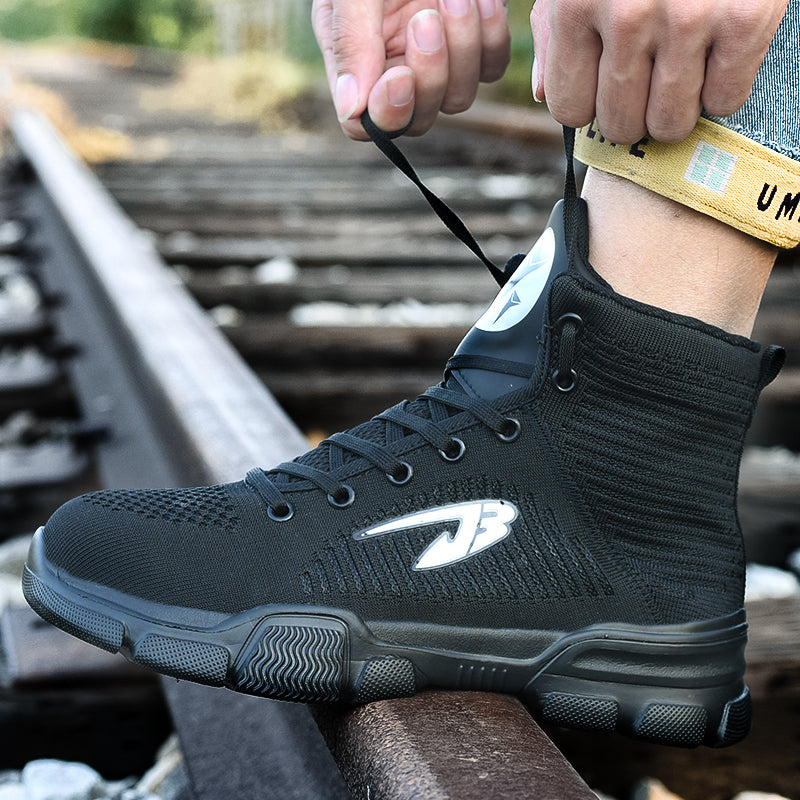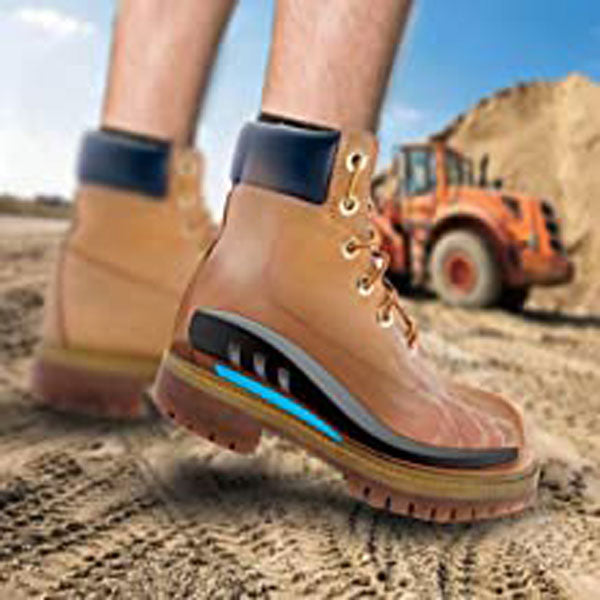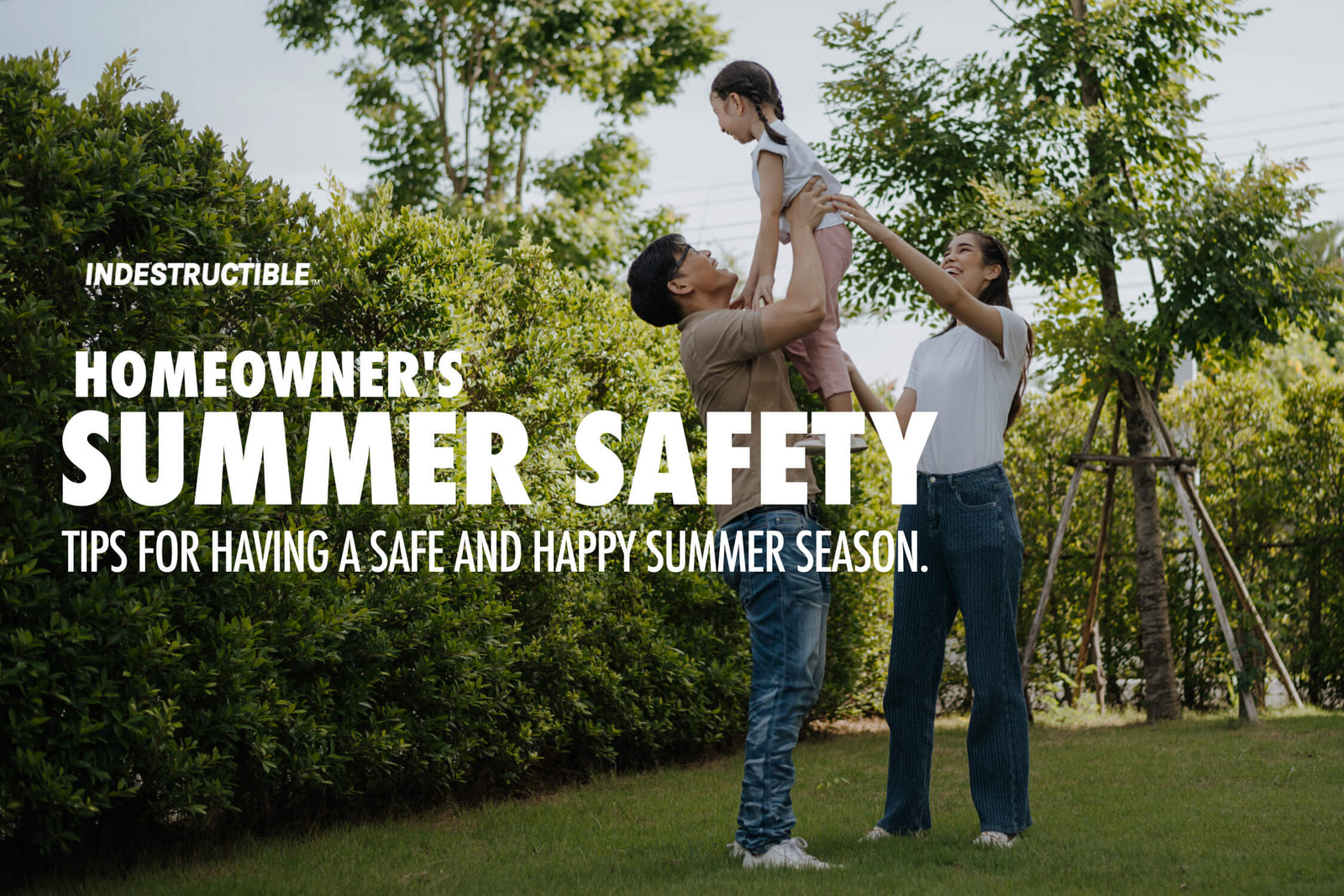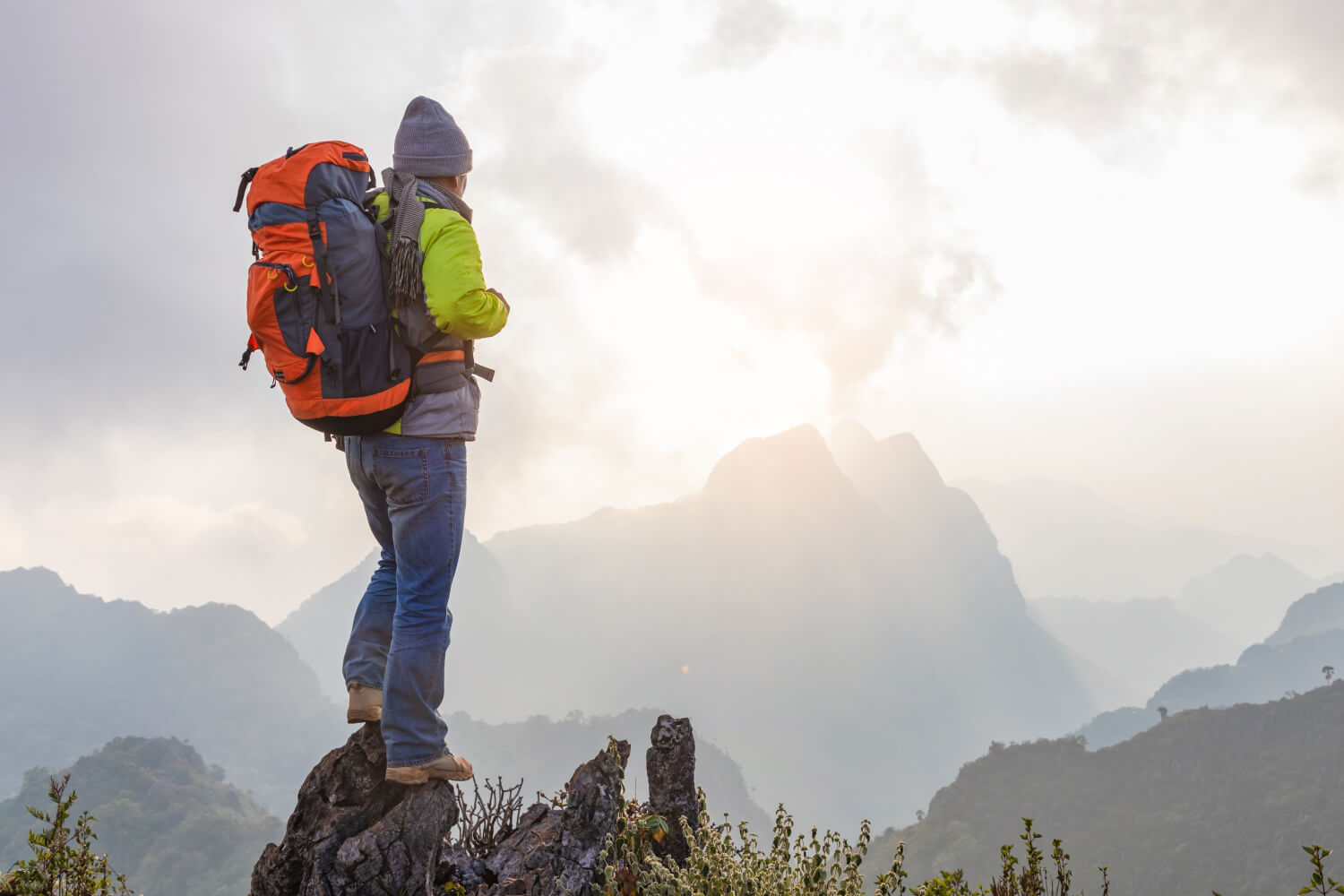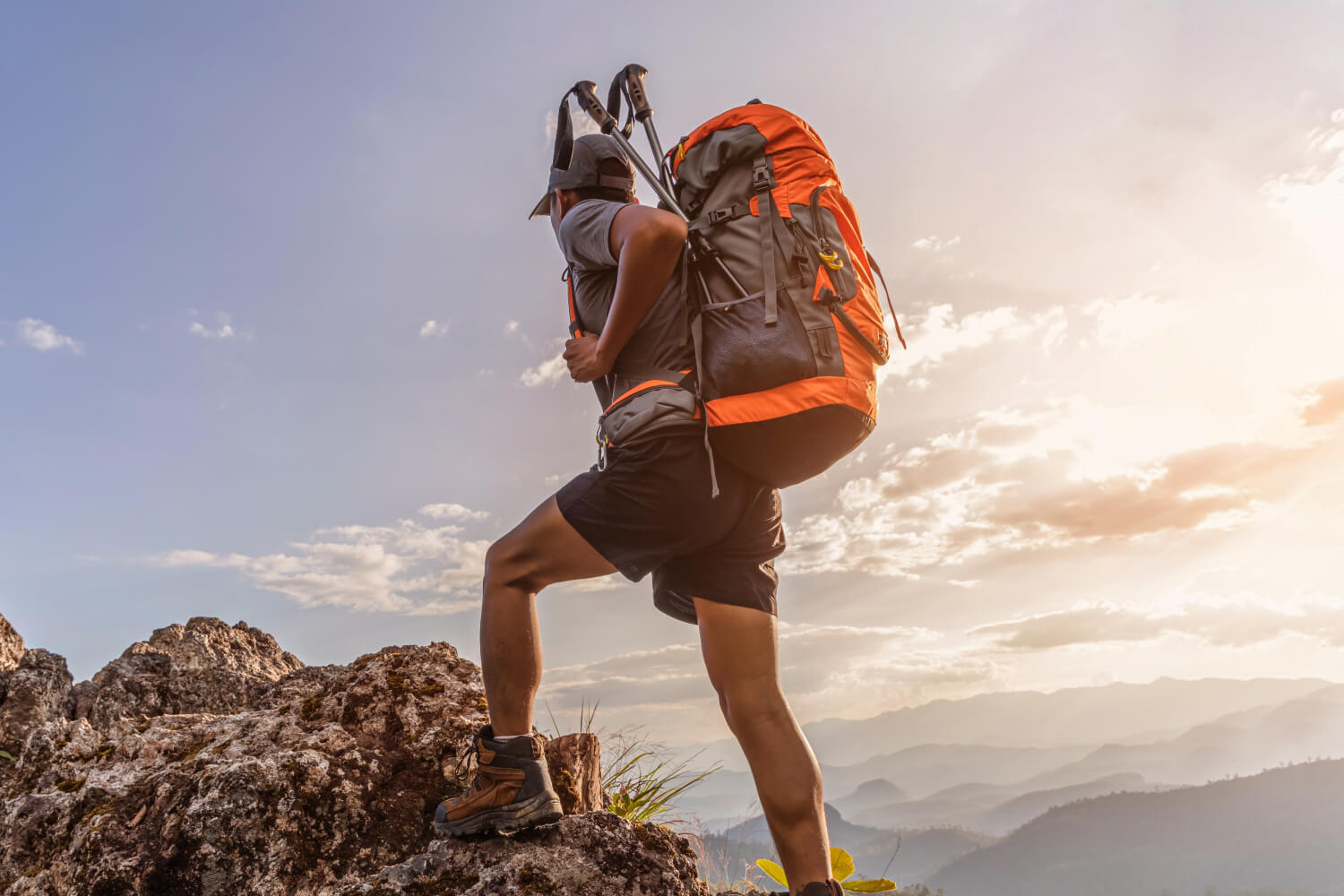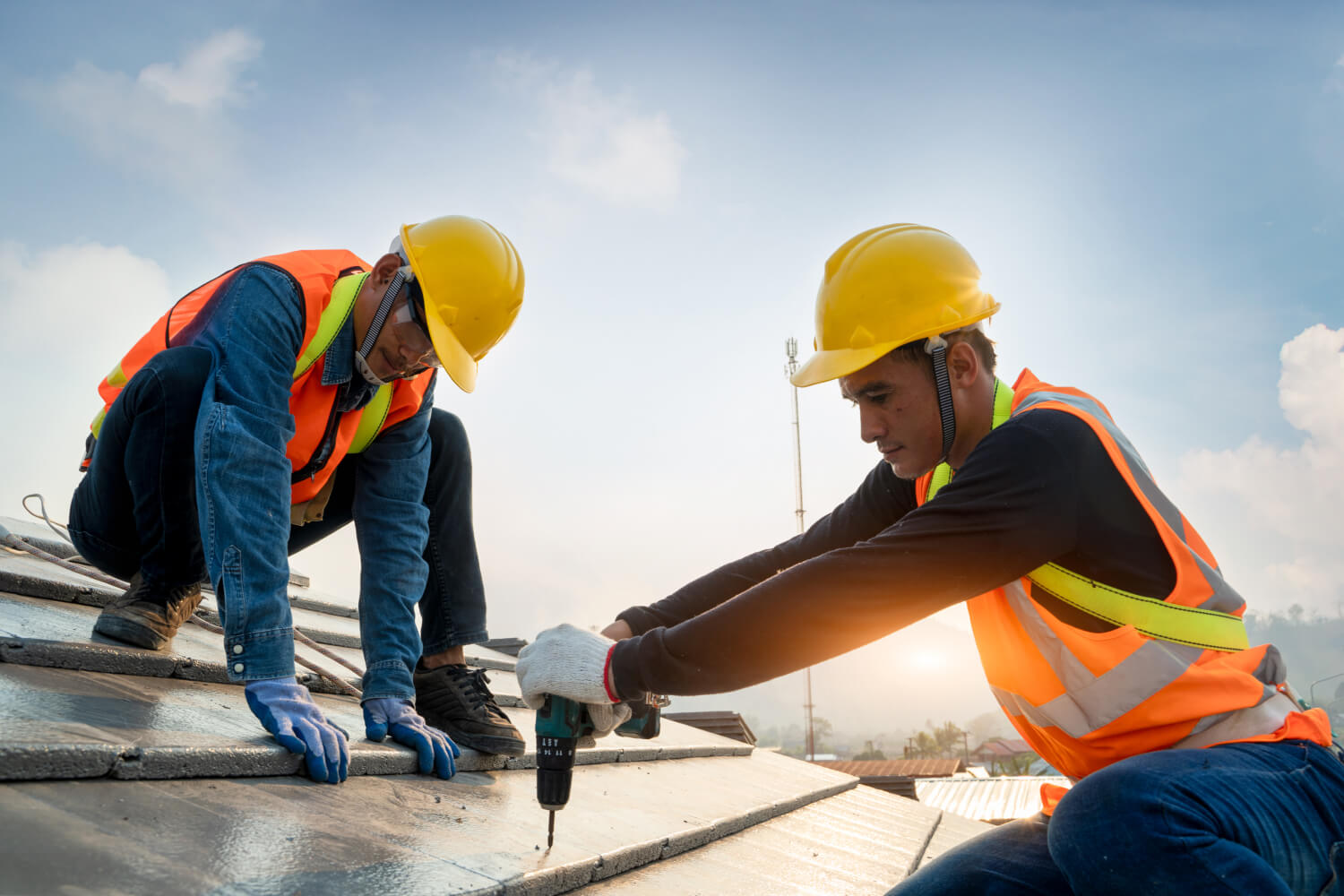Sunny Days have finally arrived!
After two years of limited travel and a long winter, summer's arrived, and you're ready to start traveling again. While people are beginning to get out more, we're still spending a lot more time at home. Now is an excellent time to make sure you're doing everything possible to live safely and healthily at home.
In this little guide, we're going to tackle three main areas of concern:
- Home safety habits for keeping your property and family safe.
- Home safety habits for entertaining family and friends.
- Home safety habits for a while you're away.
We hope you find this guide helpful in establishing your new home safety routine or as a quick checklist to catch what your current routine is missing.

Home safety habits for keeping your property and family safe.
Maintaining a good home environment isn't just about protecting your investment. It's also about protecting your family. Make sure you establish a home maintenance routine and stick with it.
- Home maintenance routines save energy and lower your carbon footprint, thus helping protect the planet.
- Keeping up to date on your electrical maintenance will help prevent electrical fires.
- Maintaining your HVAC system will help keep your children's air as clean as possible.
Prevent pest invasions.
- Each summer, have a termite inspection completed. Protect your property from the major damage these critters can cause by catching any issues early and following the pest control expert's advice on termite protection for your home.
- Routinely spray your yard and home to safeguard it from insects and pests.
- If you use chemicals or pesticides in your home garden, follow the manufacturer's safety recommendations for children and pets. Teach your children how to stay away from the area for the recommended time period.
Check for potential hazards.
- Clean out your garage and dispose or secure toxic chemicals away from pets and children.
- Find and fill any holes that may be in your yard.
- Repair any steps that cracked or broke over the winter and spring.

Prepare for emergencies.
- Make sure you have adequate carbon monoxide and fire monitors throughout your home.
- Maintain a sufficient number of fire extinguishers throughout your house. Inspect them once per year and replace them as needed.
- Make sure there's at least one first aid kit for each floor of your home.
- Create an emergency preparedness kit with instructions on what to do when someone is injured or has been in contact with poison.
- Create an emergency escape plan for your family in the event of a fire. Go over the instructions with your children so they know what to do.
Home security tips for your family.
- Don't leave easy entry windows open during the summer months while you're out of the house or sleeping.
- Make sure all windows are locked when not in use.
- Keep the doors locked and install peepholes or cameras so you can see who is at the door before you open it.
- Make it a habit to lock the front door and windows when you hang out in your backyard.
- Install a home alarm as a powerful visual deterrent during a break-in. Let your neighbors know under what circumstances to call the police if they hear it.
- Don't keep small valuables in sight that may encourage a break-in. Have a drawer or safe to put away your car keys, wallets, and mobile phones that can't be seen from windows or doors.

Home safety habits for entertaining family and friends.
It's time to grill some food!
The summer months are when many of us get excited about entertaining in the backyard. Taking care to establish good habits and prevention techniques can help you get the most enjoyment from your gatherings.
According to NFPA research, an estimated 10 deaths, 160 injuries, and $149 million in property damage occurred each year between 2014-2018 due to fire calls involving grill fires. NFPA research's findings discovered that an average of 19,700 people per year during this same time period went to hospital emergency rooms to treat injuries caused by grills.
Whether you cook outdoors with a BBQ grill, smoker, open fire pit, outdoor oven, hibachi, or another variety of grill, some basic safety tips will help keep everyone safe.
Grilling Safety Tips:
- Always position your grill away from anything that may catch fire. An open porch is not a safe location. Aim for being at least 10 ft from any structures.
- Clean your grill before every use, and make sure the area surrounding your grill is free of any combustible items and debris.
- Routinely check your grill for any leaks or breaks that may cause a fire. Make sure the gas lines are secure and won't disconnect and shoot flames at anyone without warning.
- Never leave the grill unattended, and avoid wearing loose clothing that may ignite while tending it.
- Use caution and common sense while lighting your grill. Never use lighter fluid or gasoline to light a fire.
- Keep children and pets away from your grill. Make sure no activities are happening too close to the grill that may cause an individual to run into the hot grill.
- Make sure hot charcoal bricks stay contained and don't get on the ground where someone may step on them.
Yard clean up
If you missed walking your yard and catching the danger spots as the snow cleared away in spring, it's something we recommend you do now. After the winter months and after each summer storm passes through, you should walk your yard to gather any wood, debris, rocks, and other materials.
Watch for any soft spots and holes as you mow. If you don't have an enclosed yard, neighborhood children will likely run through it. Fill in any holes you find.
Do you keep playground equipment in the yard that your children and other children use? Check the play area for safety hazards and fix them.

Protect your family and friends from mosquito bites.
Check for any sources of standing water in your yard. Fill in puddles created by displaced ground. Investigate the cause to make sure you haven't discovered another hazard at the same time.
If any buckets or other containers are holding water, make sure you dump them and place them away so they won't retain water again. If you maintain rainwater buckets, make sure they use an enclosed design.
Clogged gutters and downspouts can attract mosquitos. Make sure they're cleaned out.
Look to the trees.
Check for tree branches that are about to fall off and get them cut down before they drop onto someone. Look for overhanging branches over your roof, the children's play area, or the entertainment area. Cut down any that pose a risk of falling or catching fire from your outdoor activities.
Bonfire safety.
Chilling out in the cool evening around a good bonfire and roasting marshmallows can be fun. Here are a few guidelines to make sure you're providing a safe environment for everyone.
- Avoid having fires during high winds.
- Follow your area's legal requirements, including town and state laws.
- Keep a bucket of sand or a garden hose nearby for unexpected fire spreading.
- Don't tend a fire with flammable clothing.
- Keep your fire 10 feet away from combustible objects.
- Never use gasoline or lighter fluid to start a fire.
- Keep children and pets away from burning fire.
- Monitor alcohol-drinking adults to make sure they don't stumble into your fire.
- Extinguish the fire completely before leaving—don't just let it burn down.

Home safety habits for while you're away.
Take measures to keep your home safe and secure while you're away on vacation or just out for the day with these simple tips. The peace of mind will help you enjoy your holidays to the fullest and not worry every time you walk out the door.
Keep valuables out of sight.
When possible, close down and put laptops you leave behind away and out of sight. Don't leave loose money, wallets, billfolds, keys, and other items that may attract attention from someone peeking in your windows.
Install a home alarm system.
Home alarms are a great deterrent to break-ins. They'll alert your neighbors about any intruders, and often they can be set to call the police for you when you're away on vacation. In some cases, you can access them remotely to see what's going on and disable them if needed.
Lock it up tight!
Before leaving for the day or on vacation, ensure every door and window in your house is locked up tight. If you have a home alarm system that monitors the locks, do a safety run before leaving to ensure it's working properly.

Tell your neighbors when you go on vacation.
Let your neighbors know you'll be gone and ask them to keep watch. If you have a home alarm system installed, give them instructions on whether to call you or the police directly when it goes off.
Create an emergency number list and give it to your neighbor. Keep the list on your phone in case you need to contact someone to handle a situation while you're away too.
Adopt a caretaker while you're away.
If you have pets, your pet sitter can keep an eye on your house while tending to them. If you do not, make arrangements for someone to take care of your garbage bin, mail, or just to keep an eye out by taking a walk through your home once a day.
Don't let strangers know you're gone.
Making your home appear lived in and active is a powerful way to discourage break-ins while you're gone. You can set timers that turn lights on and off at various times. Make sure you cancel any deliveries, so they don't stack up while you're gone and ruin the illusion you create.
No, don't show off on social media.
At least not right away. Wait until you get home to tell everyone what a wonderful trip you had and show off those pictures. You may inadvertently make your home a target.
Enjoy a safe and happy home environment by thinking ahead. Giving yourself peace of mind that you have everything covered while you're home, away at work, out for a night on the town, or on that much-needed vacation is one of the best gifts you can give yourself and your family.

